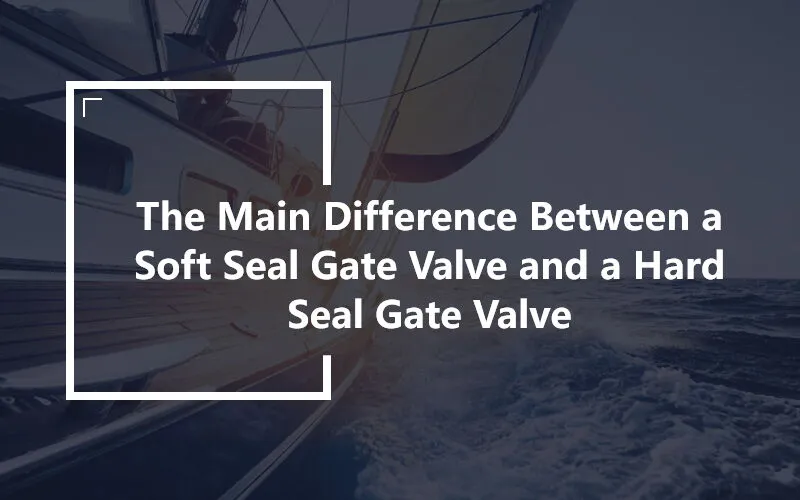
In the valve industry, gate valves are an important type of fluid control device widely used in fields such as petroleum, chemical, and water supply. Based on the sealing materials, gate valves can be divided into soft seal gate valves and hard seal gate valves. There are significant differences between the two in terms of structure, performance, and application scenarios.
Soft Seal vs. Hard Seal Gate Valves: Differences and Applications
1. Sealing Material
The sealing surfaces of soft seal gate valves typically use soft materials such as rubber or polytetrafluoroethylene (PTFE). These materials have good elasticity and plasticity, allowing them to closely conform to the valve seat and form a reliable seal.The sealing surfaces of hard seal gate valves generally use metal materials, such as stainless steel or alloy steel. Metal materials have high hardness and wear resistance, enabling them to maintain good sealing performance under high temperature and high pressure conditions.
2. Sealing Performance
Soft Seal Gate Valve: Due to the good elasticity of soft materials, soft seal gate valves can achieve excellent sealing performance even under low-pressure conditions. Their sealing surfaces can automatically compensate for minor deformations and wear, ensuring long-term sealing reliability.Hard Seal Gate Valve: The sealing of hard seal gate valves relies on the precise machining and fitting of the metal sealing surfaces. Under high temperature and high pressure conditions, hard seal gate valves can maintain stable sealing performance. However, under low pressure or in cases of minor deformation, their sealing performance may not be as good as that of soft seal gate valves.
3. Applicable Working Conditions
Soft Seal Gate Valve: Soft seal gate valves are suitable for low temperature, normal temperature, and low pressure conditions. They are widely used in water supply and drainage systems, sewage treatment, HVAC, and other fields. They are not suitable for high temperature, high pressure, or highly corrosive media.Hard Seal Gate Valve: Hard seal gate valves are suitable for high temperature, high pressure, and highly corrosive conditions, such as in the petroleum, chemical, power, and metallurgy industries. Their wear resistance and high temperature performance make them excel under harsh conditions.
4. Service Life
Soft Seal Gate Valve: Soft sealing materials can be prone to wear, aging, and corrosion during frequent opening and closing and prolonged use, leading to a decline in sealing performance. Therefore, the lifespan of soft seal gate valves is relatively short, and the sealing elements need to be replaced regularly.Hard Seal Gate Valve: Hard sealing materials have high wear resistance and corrosion resistance, allowing them to be used for extended periods under harsh conditions. They require less frequent maintenance and have a longer service life.
5. Maintenance and Upkeep
The seals of soft seal gate valves are relatively easy to replace, and the maintenance cost is low. However, since soft sealing materials are easily affected by the medium, they require regular inspection and replacement.The sealing surfaces of hard seal gate valves are made of metal, which has good wear resistance and requires less frequent maintenance. However, when the sealing surfaces are damaged, the repair is more difficult and usually requires specialized tools and techniques.
6. Cost Factors
The manufacturing cost of soft seal gate valves is relatively low, resulting in a lower initial purchase cost, making them suitable for most general applications.Hard seal gate valves, on the other hand, use high-hardness metal materials, resulting in higher manufacturing costs and a larger initial purchase cost. However, their long-term usage costs may be lower.
